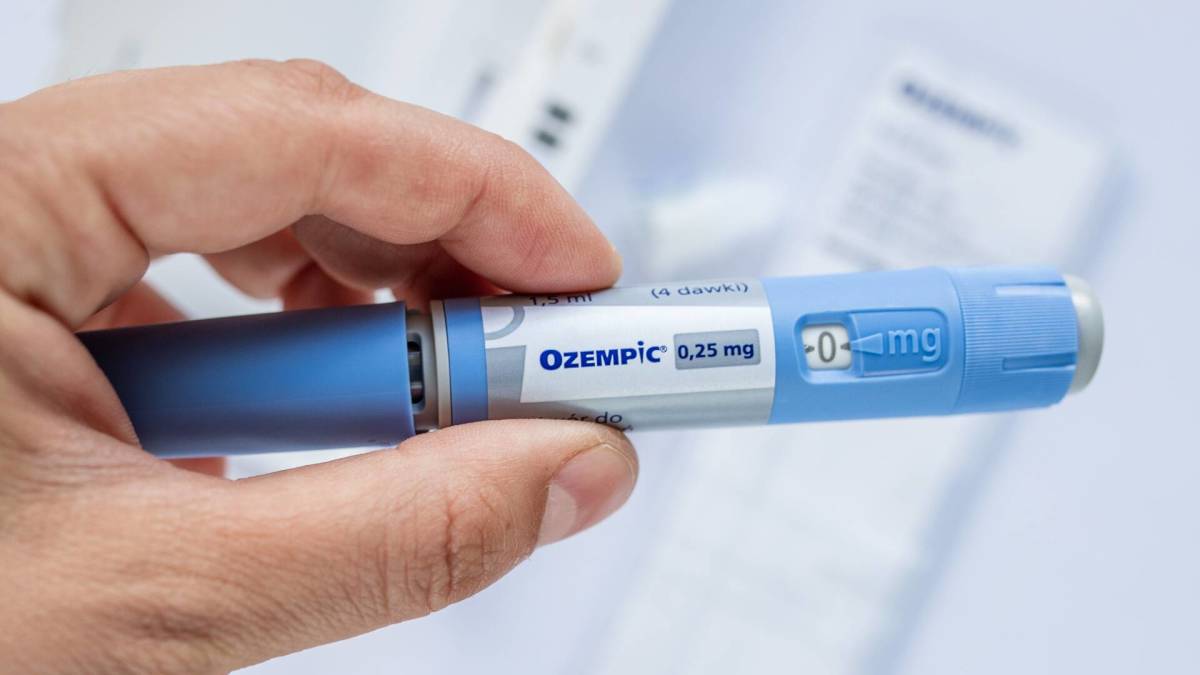
Medications that lower blood sugar levels to promote weight loss have become increasingly popular over the past few years. Typically used for treating diabetes, GLP-1s have become an increasingly mainstream option for weight loss and treating obesity.
The skyrocketing demand for popular GLP-1s like Ozempic, Wegovy, and Mounjaro has created product shortages, which is particularly worrisome for patients managing their diabetes.
Novo Nordisk (NVO) and Eli Lilly (LLY) manufacture the top three weight loss drugs on the market, but heightened demand is promoting innovation within the field and allowing cheaper competitor products to emerge.
💸💰 Don't miss the move: Subscribe to TheStreet's free daily newsletter 💰💸
The GLP-1s are expensive and aren’t covered by insurance, forcing consumers to pay for mainstream name brands out of pocket.
Contrave is a weight loss drug that is far cheaper and easier for consumers to administer. The GLP-1s can cost $1,000 per month and must be administered via injection. Contrave can be taken orally and averages $99 per month, making the product far more accessible.
We spoke with George Hampton, CEO of Currax Pharmaceuticals, about the company’s weight-loss drug Contrave. He notes the policy challenges facing the weight-loss drug industry and what to expect down the road.

Shutterstock
Weight loss drugs may soon be covered by health insurance companies
The amount of Americans who are prescribed semaglutide medications tripled between 2019 and 2021. Novo Nordisk, the manufacturer of Ozmepic and Wegovy, saw combined GLP-1 sales of over $21 billion in 2023, accounting for two-thirds of the company’s total annual revenue.
Hampton discusses why weight loss and anti-obesity drugs haven’t been covered by insurance in the past and why change may be on the horizon.
“I spend a lot of time in Washington D.C., and we're working on a bill that we call the Treat and Reduce Obesity Act (TROA),” he said. “It has incredible promise to provide health coverage for these drugs, and it could even be passed this year.”
More on weight-loss drugs:
- Mark Cuban has compelling words about Ozempic and Cost Plus Drugs
- Ozempic, weight-loss drugs rise and the fitness industry reacts
- How anti-obesity drugs force a change of focus on health
“We have a lot of support from senators and representatives. It just comes down to being able to pay for it in the budget,” he added.
“The biggest roadblock is the budget — how much it will cost to cover obesity,” he continued. “The Congressional Budget Office has recently released its estimate of what it will cost the country to pay for that, and it was much lower than what people were estimating.”
“So we're very encouraged that this could happen, even before the end of the year.”
Hampton explains why getting government health insurance plans to start covering GLP-1s is the key to getting private insurers on board.
“When the federal government starts paying for something, the commercial plans often feel compelled to do the same, but it's not 100% guaranteed,” he explained. “So we have to think of it like smoking cessation.”
“Back in 2010 — under the ACA — the smoking group was finally able to be paid for by the government, and the commercial payers followed right along. We think the same thing will happen here with weight loss.”
Treating health issues now will reduce costs in the long run
Obesity costs the US healthcare system $173 billion a year, and that figure will continue to rise over time if preventative steps are not taken to address the issue head-on.
Although covering weight loss drugs may be costly for insurance companies in the short term, reducing heart disease, diabetes, and arthritis in the long term may greatly pay off.
Related: Medicare changes will impact your wallet in 2025
Hampton highlights why it is so crucial for healthcare providers to begin covering weight loss drugs and stop ignoring obesity across the U.S.
“Going back to 2002, when Medicare Part D first came into play under Bush, certain medications and classes of drugs were carved out — ED products, aesthetic products, smoking, weight loss," Hampton said. "They were all carved out as more lifestyle issues, so they weren't covered."
“Going forward, we know that we need to cover it because we've ignored this obese population,” he continued. “We haven't always, as a population, had 43% obese across the United States. We've long ignored the problem.”
“We have not intervened like we have with every other chronic disease, so the disease has kind of run its course, and now we see it everywhere.”
Related: Veteran fund manager sees world of pain coming for stocks







